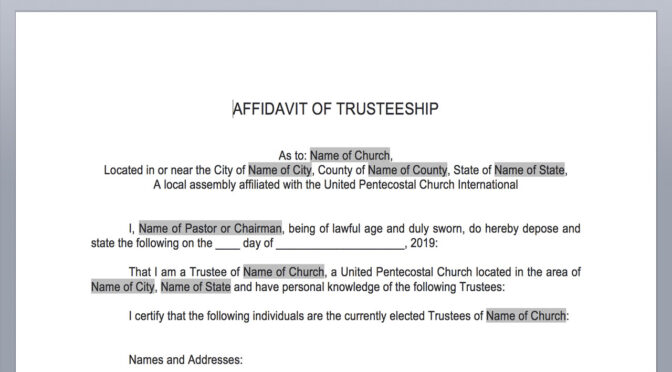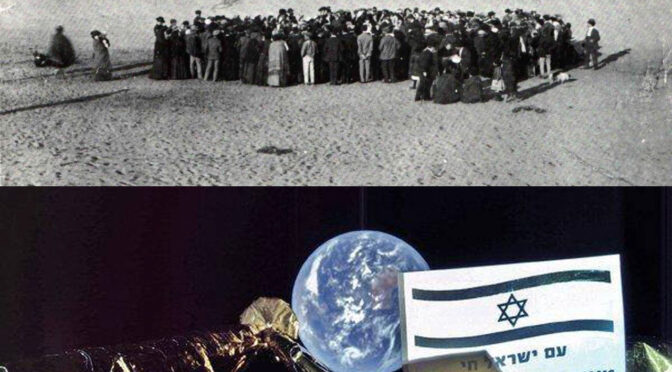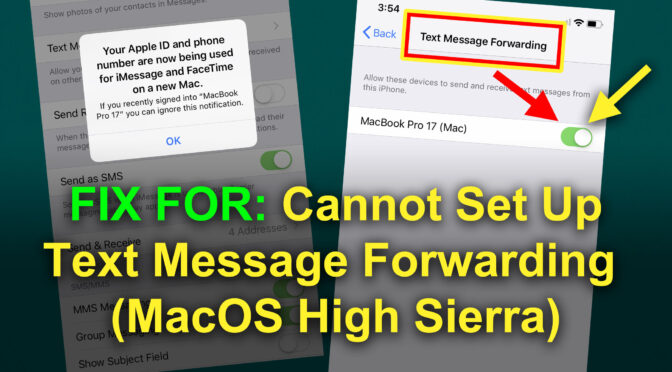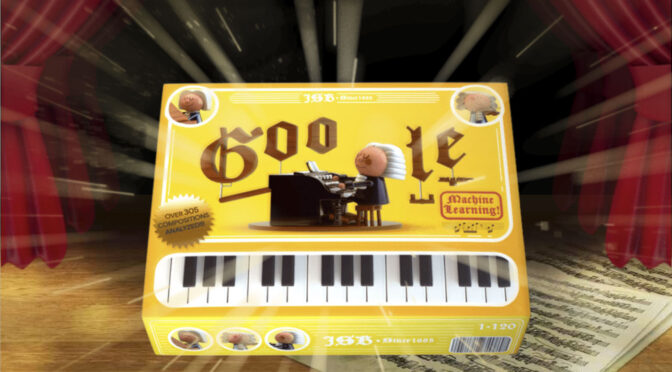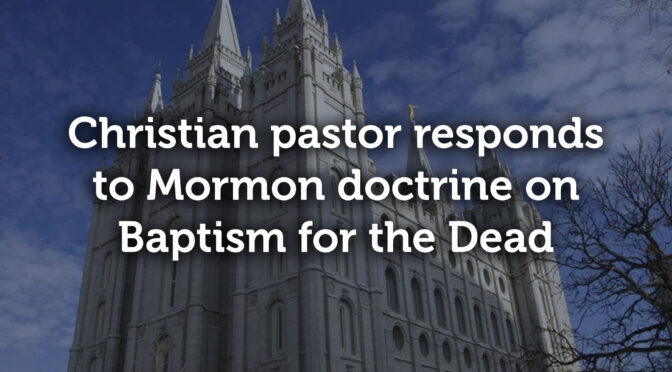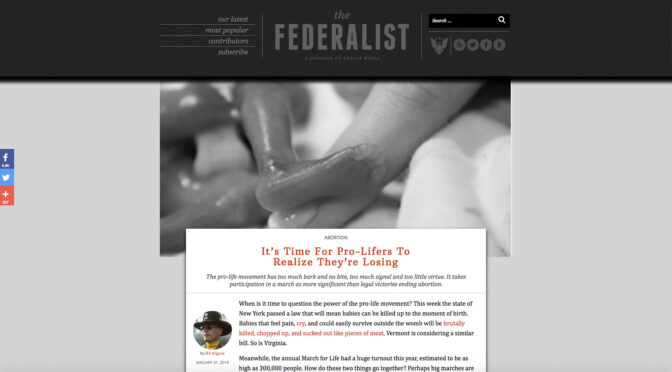This video published by Mormons (below) proposes to defend / explain their doctrine and practice of Baptism for the Dead:
https://www.facebook.com/LDSStandingUnited/videos/2153596681357692/
This is my reply, as a Christian pastor who holds the Bible as our supreme authority in matters of faith and practice.
First, certainly anyone is free to believe such a thing. I do not oppose anyone’s right to believe this and practice it. I seek to address whether their doctrine is biblically sound, and whether it is therefore something that Christians should buy into. I find it to not be biblically sound.
The Mormon’s doctrine and practice of Baptism for the Dead is a notion quite strange to me. There are several underpinnings worth looking at.
I watched the video and noticed some things while listening to the narrator’s explanation of “proxies.”
Proxies have no authority to represent someone unless the unable person has granted that power to the proxy. To use the examples given in the video:
- A substitute teacher cannot be a proxy for a regular teacher unless the regular teacher has consented to be temporarily replaced by the substitute, and/or the school / principal / school board has consented and has asked the substitute to stand in.
- Likewise, a person cannot just show up and claim they have power of attorney. An unable person who wants to be represented needs to have previously signed, granting the power of attorney, or else they cannot be represented in that way.
In contrast to this essential requirement of permission being granted before any proxy can represent someone else… persons who died without choosing to be baptized, do not leave in their wills (nor say aloud before dying) that they designate anyone to represent them as their proxy for being baptized in their place. The reason is clear: if they actually wanted to be baptized, they would have simply gotten baptized themselves. Thus, what permission do the Mormons have for representing dead persons that never gave such permission? Bear in mind they don’t just get baptized for ancestors they personally knew prior to the person having passed. They get baptized for many literally distant ancestors, who died long ago, well before the “proxies” were born, and this is after doing extensive genealogical research.
This weakness regarding permission seems to have led to their effort to address it in the video. The narrator states, “You may be asking yourself, ‘Isn’t it a little presumptuous for Mormons to perform a baptism for the dead, who may not even want it?'”
Yes, we are asking ourselves that very thing.
In their “reply” to their own posing of the question, they then “beg the question” — which means that they presume something to be true without questioning why (in hopes that you will too). Begging the question means asserting something while making no effort to support it.
They start off using the Bible: “Well, the Bible teaches us that individuals have the right to choose.” That’s accurate, and it’s all well and good. However, after that is when they start begging the question.
“Mormons believe” that the right to choose continues after death. Is that biblical?
The narrator’s next statement is that “Mormons believe” that the right to choose continues after death. Notice he does not say, “The Bible teaches…” but rather that “Mormons believe….”
However, there are actually passages of the Bible giving us reasons to hold that the truth is the opposite of the Mormon position.
The Bible leads us to conclude that a person’s right to choose upwardly (re: toward salvation / God) is limited to their earthly life, as the Scriptures lead us to understand that in the afterlife, unsaved persons cannot negate their anti-salvation choices made during this life, nor can they renegotiate upwardly regarding God / salvation (see verses below). This is not to say that such people cannot experience a change of mind / heart during their resulting punishment, just as the wicked rich man did in the account told by Jesus (Luke 16) of the righteous, poor beggar, named Lazarus, and the wicked rich man, who was unnamed. Jesus told how that the man who had been both wicked and rich during his earthly life had a great change of heart during his suffering/punishment in the afterlife. However, despite that change of heart, the man’s spirit was told by Abraham’s spirit (from a distance) that it was not possible for either the righteous or the wicked to traverse the fixed gulf between them. Mormonism would have us believe that either the gulf is not “fixed” (while it is indeed said to be fixed), or that someone can indeed cross it, which the Lord Jesus (in telling the account) indicates “cannot” happen, i.e. is not possible.
The Scriptures make clear that the judgment known as the “second death” is to be everlasting, eternal — not something that can be shortened or escaped from. Consider these verses:
- 2 Thessalonians 1:9 – “These will pay the penalty of eternal destruction, away from the presence of the Lord and from the glory of His power,”
- Matthew 25:41 – “Then He will also say to those on His left, ‘Depart from Me, accursed ones, into the eternal fire which has been prepared for the devil and his angels;”
- Hebrews 6:2 – “…of instruction about washings and laying on of hands, and the resurrection of the dead and eternal judgment.”
- Matthew 25:46 – “These will go away into eternal punishment, but the righteous into eternal life.”
- Mark 9:44-48 – “[where their worm does not die, and the fire is not quenched.] If your foot causes you to stumble, cut it off; it is better for you to enter life lame, than, having your two feet, to be cast into hell, “If your eye causes you to stumble, throw it out; it is better for you to enter the kingdom of God with one eye, than, having two eyes, to be cast into hell”
- John 5:29 – “…and will come forth; those who did the good deeds to a resurrection of life, those who committed the evil deeds to a resurrection of judgment.”
- Daniel 12:2 – “Many of those who sleep in the dust of the ground will awake, these to everlasting life, but the others to disgrace and everlasting contempt.”
- Revelation 20:10 – “And the devil who deceived them was thrown into the lake of fire and brimstone, where the beast and the false prophet are also; and they will be tormented day and night forever and ever.”
“Mormons believe” that the spirits of the dead not only can hear the Gospel after death, but that they can choose to accept the Gospel after death. Is that biblical?
The narrator then goes on to assert, without any support from the Scriptures, that the spirits of the dead can hear the gospel after death and choose to accept or reject it.
This presumes not only a continued freedom of upward choice after death, but it also presumes that the choices of the unsaved made during their earthly life don’t count, when the Bible indicates they do indeed count, and very much so.
For all the reasons shown above, and a host of others, we reject such a notion.
The Scriptures indicate (for example in Revelation 20) that the wicked dead will be raised up to be judged, and their judgement will be based on their deeds during their earthly life.
Regarding the spirits of the dead hearing the Gospel, the indications of Scripture are that when Jesus was crucified and buried, and His soul went to the Abode of the Dead (aka “Hell”), that He preached unto the spirits of the dead (1 Peter 4:6). However, when in His ascension He emptied out the “Comfort” side of the Abode of the Dead, and “led captivity captive” (Ephesians 4:7-10) taking upwards the souls of the saved to be with Him above, there is no biblical indication that He took with Him a single soul that had died having finally chosen wrongly during their earthly life and having changed their mind in Hell. Rather, it seems clear from Scripture that He took with Him those saved souls who had already finally chosen correctly during their earthly life. To hold otherwise goes against numerous verses of Scripture.

